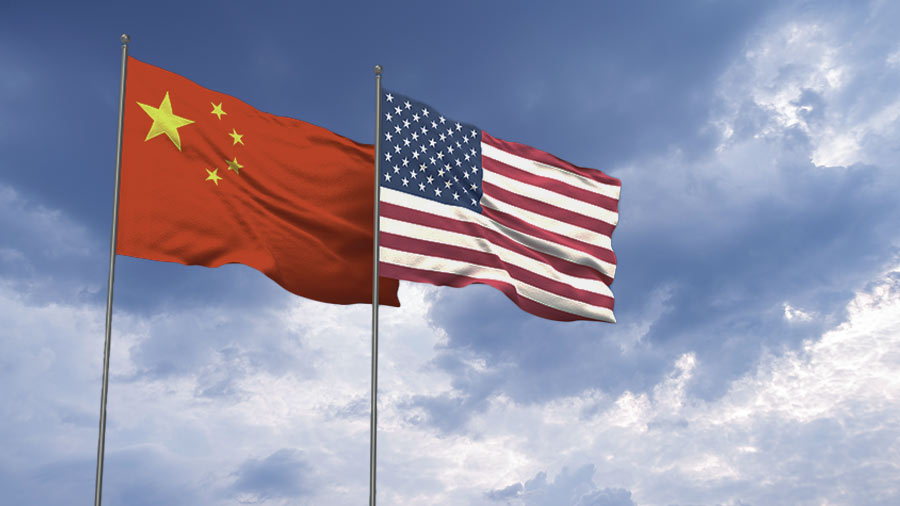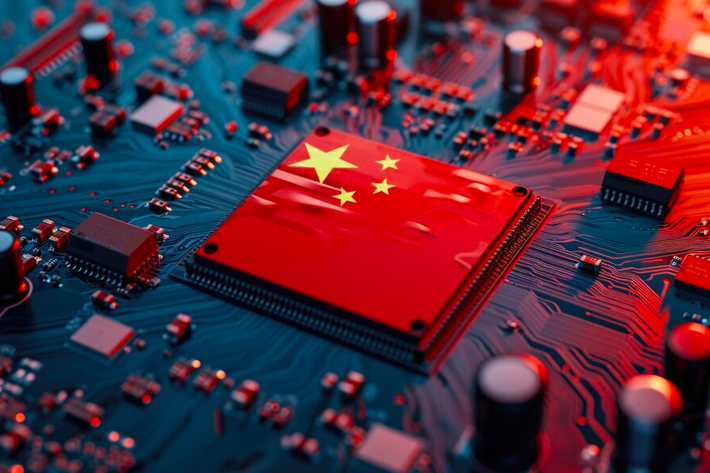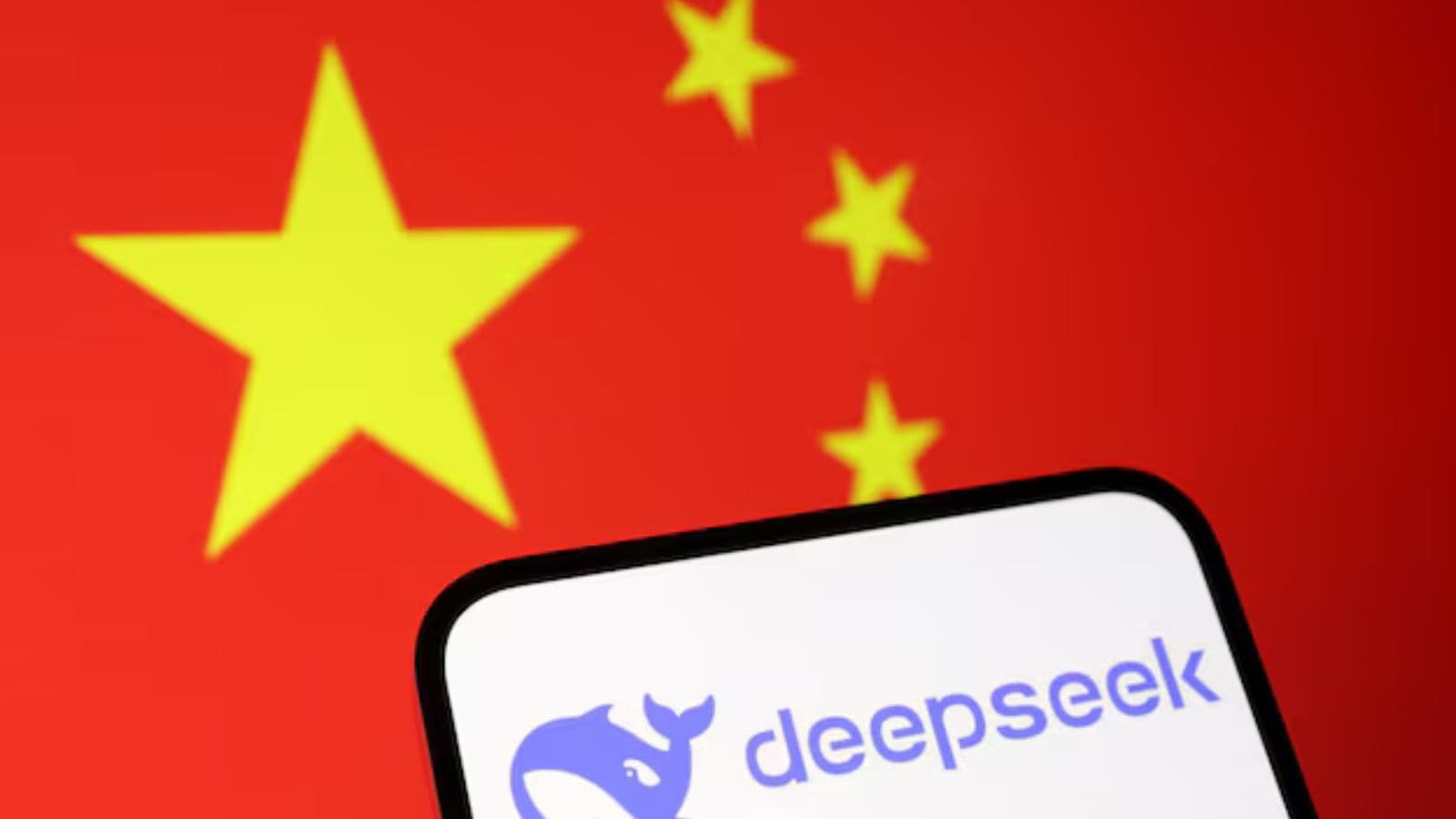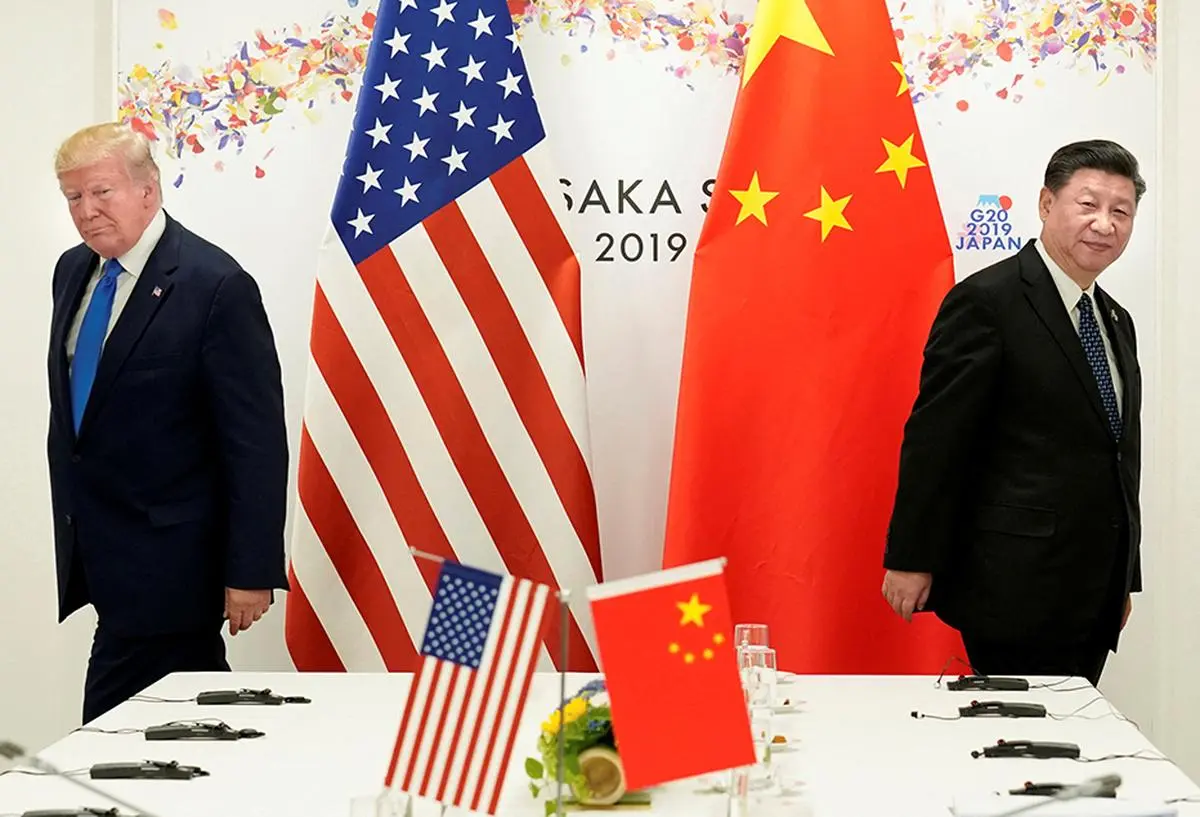DeepSeek's Rise: A Game Changer in the U.S.-China Tech Race

January 30, 2025
The rapid rise of DeepSeek, a cutting-edge artificial intelligence model developed by a Chinese tech company, marks a significant turning point in the ongoing U.S.-China tech battle. With its impressive capabilities and potential to rival leading U.S. AI models, DeepSeek has raised serious concerns in Washington about the balance of power in the global AI race, as well as the potential national security implications of China’s growing tech prowess.
DeepSeek: A New Player in AI InnovationDeepSeek, a product of the Chinese tech firm DeepMind, has rapidly become one of the most advanced AI systems in the world. The model is not only capable of performing tasks traditionally dominated by U.S.-based AI systems, such as OpenAI’s GPT series, but it has also been lauded for its cost-effectiveness. The development of DeepSeek has cost a fraction of what comparable U.S. systems require, making it more accessible and competitive for a wide range of industries globally. This cost advantage has sparked a rethinking among American businesses about their AI strategies and reliance on U.S. developed models.
The U.S.-China Tech Rivalry: A New DimensionThe U.S.-China technological rivalry has been escalating for years, with each country striving for dominance in key technological sectors such as AI, semiconductors, and space exploration. DeepSeek’s success represents a new dimension in this competition, one that challenges U.S. leadership in AI innovation. The model's ability to replicate and even outperform existing U.S. AI systems is a clear signal that China has overcome significant barriers to developing world-class AI technology, potentially shifting the balance of power in global technology.
China has long been making strides in AI development, supported by massive investments from the Chinese government and private tech firms. The country's relaxed regulatory environment, paired with a robust supply of data, has allowed it to rapidly advance in the AI field. DeepSeek is a testament to these efforts, signaling that China is not only catching up to the U.S. but is on the verge of surpassing it in some key areas of AI research and application.
For the U.S., DeepSeek's rise highlights the vulnerabilities in its current strategy for maintaining technological leadership. The U.S. government has worked to ensure that American companies and researchers remain at the cutting edge of AI, but China's growing capabilities underscore the need for a more robust and proactive approach to maintaining that lead.
National Security ConcernsThe emergence of DeepSeek has raised significant national security concerns within the U.S. government. AI technologies have become critical to modern defense, cybersecurity, and intelligence operations, and the potential for Chinese-developed AI to influence these areas is deeply troubling to American policymakers. There are growing fears that China could use DeepSeek for surveillance, data collection, or even to enhance its military capabilities, thus furthering its geopolitical ambitions at the expense of U.S. interests.
The U.S. has already placed numerous restrictions on Chinese companies, particularly in the semiconductor and telecommunications sectors, due to national security concerns. DeepSeek’s rise adds to the urgency of these concerns, particularly as AI becomes increasingly integrated into military and intelligence operations. The ability of Chinese companies to develop advanced AI models could pose a serious threat if these technologies are deployed for purposes that undermine U.S. national security.
Economic Implications for U.S. Tech CompaniesFrom an economic perspective, the success of DeepSeek has put pressure on U.S. tech companies, especially those involved in AI development. U.S. companies like OpenAI, Google, and Nvidia are now facing intense competition from Chinese firms, which have proven they can produce high-performance AI models at a lower cost. This cost advantage allows Chinese companies to enter markets that were previously dominated by the U.S., offering cheaper alternatives to U.S.-developed AI solutions.
The rise of DeepSeek is also causing ripple effects in global markets, with investors increasingly concerned about the shifting technological landscape. Companies that had previously relied on U.S. AI models are now re-evaluating their choices, leading to a potential loss of market share for American tech giants. Additionally, the stock market has seen fluctuations in response to the growing threat posed by Chinese AI models, with major firms such as Nvidia and Google experiencing declines in their stock value.
The Future of U.S.-China Tech RelationsThe rise of DeepSeek is likely to accelerate the decoupling of the U.S. and Chinese technology sectors. As China advances its AI capabilities, it may become increasingly difficult for U.S. firms to collaborate or compete in the same markets. The deepening divide between U.S. and Chinese technological development could lead to divergent standards in AI and other emerging technologies, creating a fractured global tech ecosystem.
In the long term, the U.S. will need to rethink its approach to both competition and cooperation in the field of AI. While the rivalry with China is unlikely to subside, there may be opportunities for strategic partnerships with other global tech leaders to counterbalance China’s growing influence. U.S. policymakers will also have to consider new approaches to innovation, funding, and export controls to maintain an edge in AI and other cutting-edge technologies

Chinese AI App Raises National Security Questions in US
A new powerful AI app developed in China is causing concerns in Washington due to its potential impact on national security, data privacy, and economic competition. US officials are closely monitoring its development

Trump's Energy Promise Key to Stargate Project's Future
Former President Trump's energy pledge is seen as crucial to the success of the Stargate Project, with significant implications for the future of space exploration and energy independence

Understanding the Impact of the US Investment Ban on China
The US investment ban on China is now in effect, marking a significant shift in economic relations between the two nations. Here's what it means for investors and businesses

US Finalizes Restrictions on AI Investments in China
The US has finalized new regulations to restrict AI investments in China and impose further restrictions on technology and defense sectors, escalating tensions between the two nations

Stargate AI Plan: Tech Giants Unveil $500bn Investment
Major tech giants have unveiled the Stargate AI project, a groundbreaking initiative that could be worth up to $500 billion. The ambitious plan aims to reshape the future of AI

Trump Unveils $500bn Investment in Stargate AI Initiative
Donald Trump has pledged up to $500 billion in funding for the Stargate AI project, a groundbreaking initiative aimed at revolutionizing AI and energy technologies for future space missions

DeepSeek AI Challenges U.S. Tech Dominance, Trump Responds
DeepSeek, a Chinese AI model, has disrupted the U.S. tech landscape, raising national security concerns and challenging Trump’s vision for America’s technological leadership

DeepSeek's Rise: A Game Changer in the U.S.-China Tech Race
DeepSeek’s emergence as a powerful Chinese AI model raises the stakes in the U.S.-China tech rivalry, signaling new challenges for U.S. dominance in AI innovation and national security

The $500 Billion Deal: A New Era in U.S.-China Tensions
A $500 billion deal marks the end of the U.S.-China bromance, as economic competition and strategic divergence take center stage, reshaping the global landscape
The Atlantic Daily
Get our guide to the day’s biggest news and ideas, delivered to your inbox every weekday and Sunday mornings. See more newsletters
.webp)
Ideas That Matter
Subscribe and support more than 160 years of independent journalism.
Subscribe